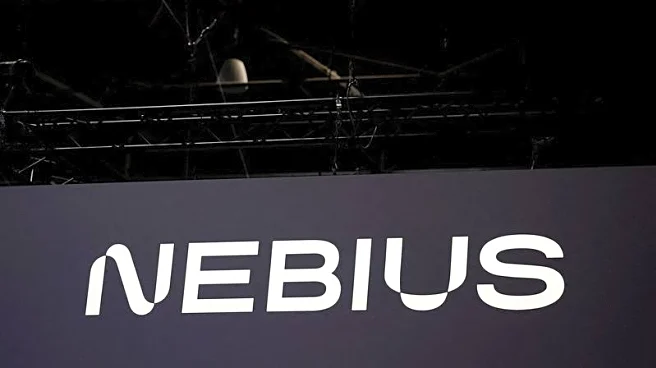What's Happening?
OpenAI has announced the integration of native apps within ChatGPT, including major travel platforms like Expedia Group and Booking.com. This development marks a significant shift in web interface architecture, moving towards a conversational platform that could potentially replace traditional navigation across multiple websites and apps. The integration suggests a future where users interact with a single, omniscient conversational platform, simplifying digital interactions and decision-making processes.
Why It's Important?
The integration of major travel platforms into ChatGPT represents a transformative shift in how users access and interact with web services. This could lead to a more unified digital experience, reducing the need for multiple apps and websites. For industries like travel, this means streamlined operations and potentially increased user engagement. Businesses may need to adapt to this new interface dynamic, which could redefine digital marketing strategies and customer interaction models.
What's Next?
As this integration progresses, other industries may follow suit, incorporating their services into conversational platforms like ChatGPT. This could lead to widespread changes in web architecture, with potential impacts on how businesses develop and deploy digital services. Stakeholders in various sectors will likely monitor these developments closely, considering strategic adjustments to align with evolving user preferences and technological capabilities.
Beyond the Headlines
The shift towards conversational interfaces raises questions about data privacy and the ethical use of AI in aggregating and distributing information. As users rely more on AI-driven platforms, ensuring transparency and accountability in data handling will become increasingly important. This evolution also prompts discussions on the cultural impact of AI as a primary interface for digital interaction.










